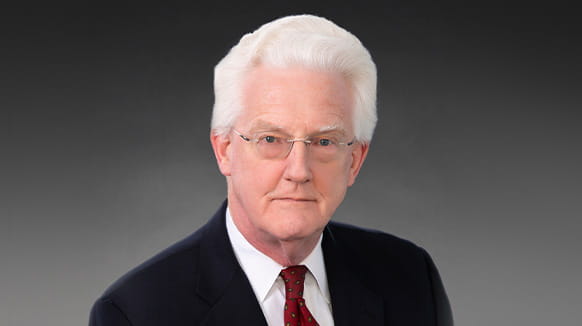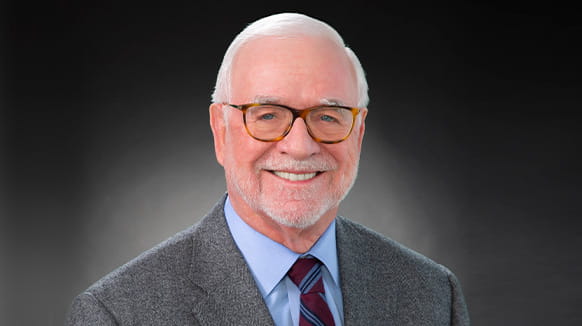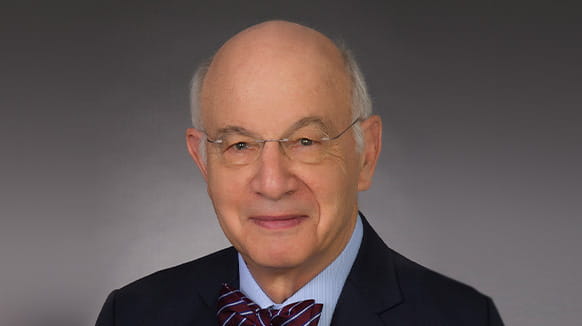Alternative Dispute Resolution
Using alternative dispute resolution (ADR) procedures have been a statutorily authorized means of resolving government contract disputes since the early 1990s. ADR can provide an expeditious, economical and often less-contentious solution to a client’s contract dispute than is possible through typical claims litigation or bid protests. Federal buying agencies are required by Executive Order and the Federal Acquisition Regulation to favorably consider using ADR to resolve contractor claims when requested by a contractor.
All Boards of Contract Appeals, the Court of Federal Claims, and the Government Accountability Office encourage the use of various ADR procedures to resolve disputes or encourage settlement, including facilitation, outcome prediction and mediation. For decades, Federal agencies have also been authorized to enter into agreements for binding arbitration.
Haynes Boone offers a deep bench of experience in strategic negotiation and formal ADR proceedings involving government contracts, ranging from outcome prediction at the GAO, to mediations at the Boards of Contract Appeals, to productive and behind the scenes negotiation with agency contracting officials, to international and domestic arbitration proceedings. Many of our advocates are technically trained in various negotiation techniques and informal ADR practices commonly used to resolve disputes at the pre-claim and post-claim stages.
Members of our team are active speakers and lecturers on procurement law including courses on Negotiations in Government Contracts at The George Washington University School of Law, tracking trends in alternative dispute resolution procedures to find the right solution for our government contract clients.

11 Haynes Boone Attorneys and 2 Practices Recognized in 2026 Benchmark Litigation
October 29, 2025














